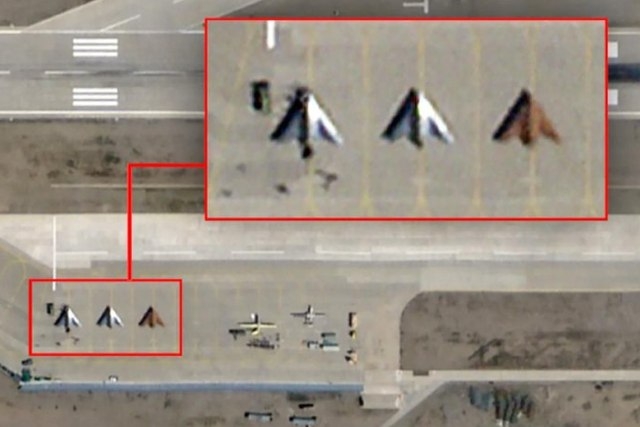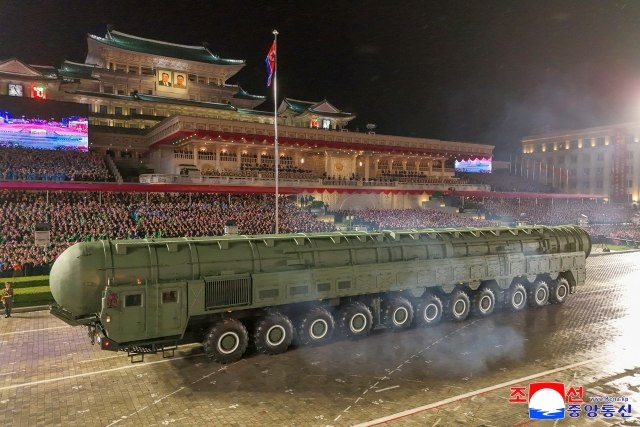Raytheon Awarded Phase 2 Contract for Stand-Off Radiation Detection
TEWKSBURY, Mass. --- The Department of Homeland Security has awarded Raytheon Company a phase 2 contract to continue its development of a Stand-Off Radiation Detection System (SORDS).>> "The purpose of the SORDS is to develop advanced nuclear detectors that can determine the type and location of radiation sources at much greater distances than current technologies," said Mark Russell, Raytheon's vice president of Engineering, Technology and Mission Assurance. "Phase 2 involves engineering a prototype design.">> Phase 2 is an eight-month contract for $4.7 million that is being managed by DHS' Domestic Nuclear Detection Office. It is the second of a four-phase development program worth a potential $9.9 million if all four options are exercised. A Raytheon team developed a preliminary prototype design in Phase 1, a $2.9 million DHS contract that ran from November 2007 to April 2008.>> In developing a reliable and affordable SORDS solution for DHS, Raytheon is teaming with experts from Los Alamos National Laboratory, Los Alamos, N.M.; Bubble Technology Industries, Chalk River, Ontario; Radiation Monitoring Devices, Watertown, Mass.; Draper Laboratory, Cambridge, Mass.; and MIT and the University of Michigan.>> Integrated Defense Systems is Raytheon's leader in Joint Battlespace Integration providing affordable, integrated solutions to a broad international and domestic customer base, including the U.S. Missile Defense Agency, the U.S. Armed Forces and the Department of Homeland Security.>>> Raytheon Company, with 2007 sales of $21.3 billion, is a technology leader specializing in defense, homeland security and other government markets throughout the world. With headquarters in Waltham, Mass., Raytheon employs 72,000 people worldwide.









